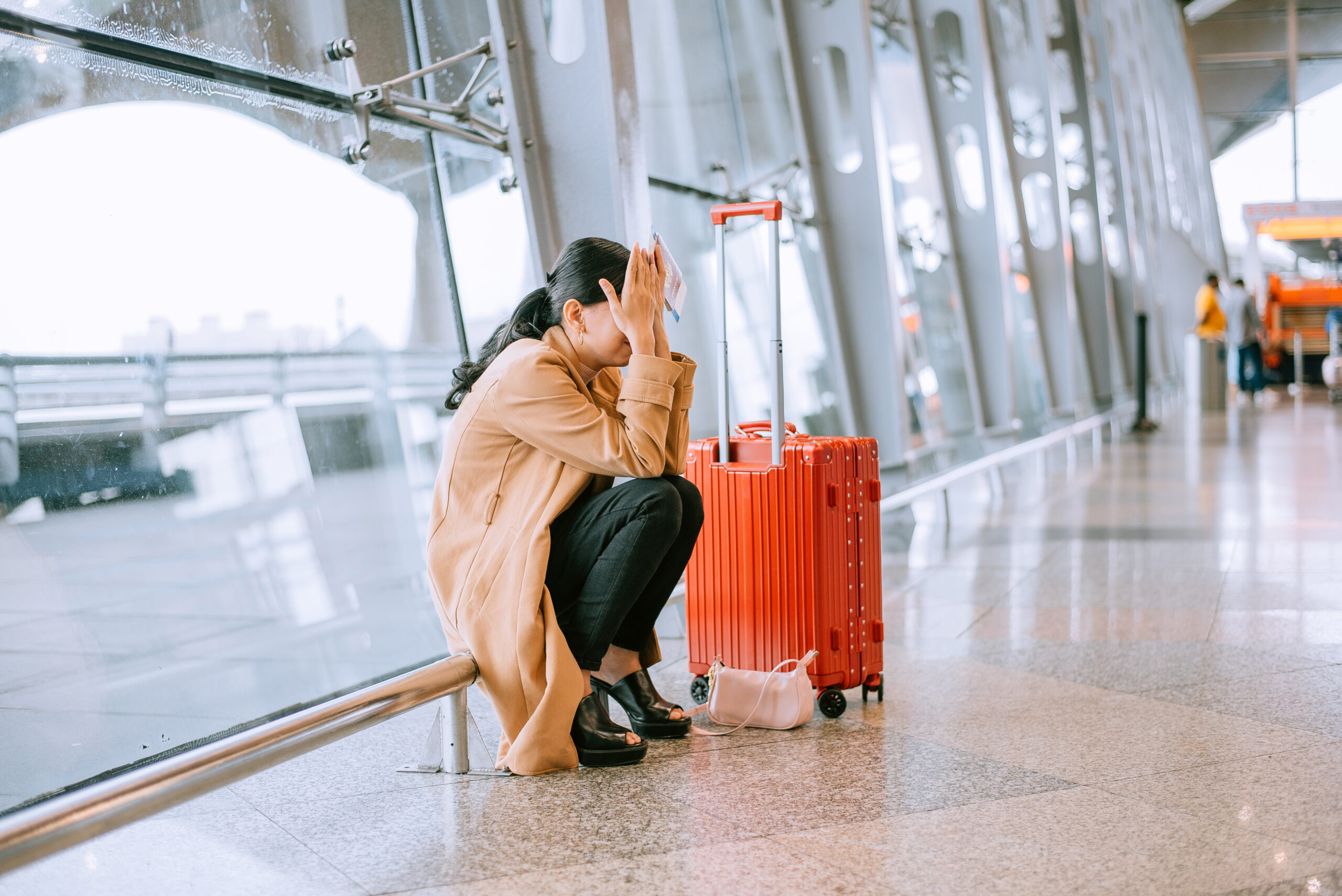The holiday season is here once again – bringing with it festivities, travel and the transition into a new year. Families gather and celebrations are had, which bring people together in a way that does not normally occur during the rest of the year. For many, the winter holiday season signifies the closing of one year and the entrance into the next. Across the spectrum of religious and traditional holidays, families are brought together to break bread and reunite.
The hope is that everyone is able to enjoy this season and rejoice in the opportunity to be surrounded by friends and family. However the reality of the holiday season is that not everybody is poised to experience it in the same way – for a variety of different factors.
In a 2015 Healthline, a San Francisco based information site, sixty-two percent of survey participants described their stress level as “very or somewhat” elevated during the holiday season. In contrast, only ten percent of participants in the survey reported “no stress” during the holiday season.
The stressors that are normally reported in surveys and studies such as these are: financial demands of the holiday season, interpersonal family dynamics and maintaining consistent personal health goals.
However, these obstacles can be navigated and handled in a way that mitigates increased stress levels over the holidays.
Ellen Braaten, PhD and Harvard Medical School Associate Professor of Psychology notes that a shifting set – an updating or shifting of cognitive strategies to address changes in an environment – is one of the most reliable means of addressing the various stressors that may appear.
Some of the mental skills that comprise the ‘shifting set’ concept are: managing time, being attentive, switching focus, planning and organizing, and remembering details. Braaten points out that these are, of course, mental skills that we employ already. However, there is a much larger demand during the holiday season.
Ultimately, the holidays are just “another time of year” says Braaten. Each individual should evaluate how they spend their time, decide what the holidays mean to them, while keeping realistic expectations for the season.
The holidays are certainly a time that can bring about stress for a certain portion of people. Nonetheless, if handled and conceptualized realistically, it becomes a manageable experience for anyone to enjoy.
Referenced Article: https://hms.harvard.edu/news-events/publications-archive/brain/holiday-stress-brain


Social Media